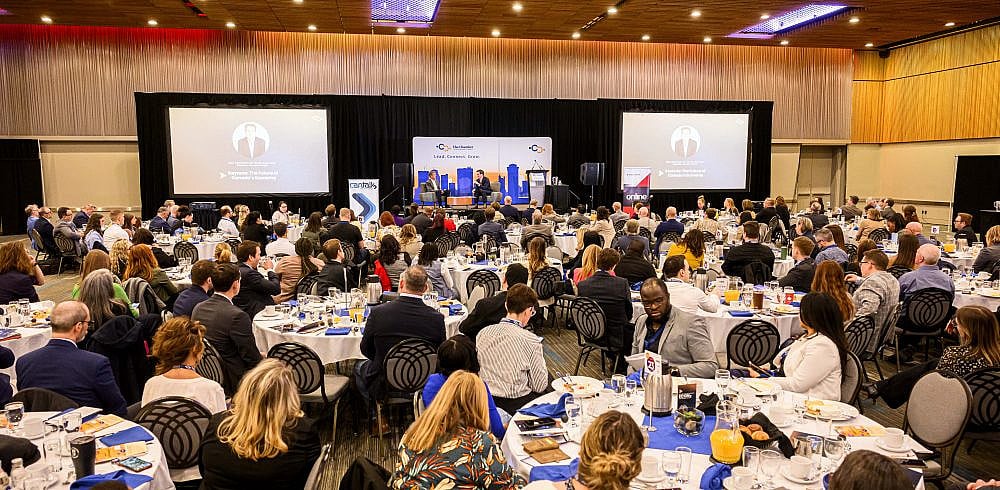Written by Sofia Mirza, Partner, Fillmore Riley LLP and 2023-2024 Winnipeg Chamber Board Member.
Further to the federal government’s program changes to international student permits amid a housing crisis earlier this year, the Government of Canada announced a two-year cap on international student permit applications, and has stopped giving work permits to some international students after graduation. More changes are on the way as the “recalibration” of Canada’s immigration system continues.
For 2024, the federal government projected the cap will result in approximately 360,000 approved study permits — a decrease of 35 per cent from the previous year. Each province and territory has received a portion of the intake cap, weighted by population. To implement the cap, every study permit application submitted to Immigration, Refugees and Citizenship Canada (IRCC) now requires an attestation letter from a province or territory, which began on January 22, 2024. Manitoba employers that rely on international students are expressing labour shortage concerns, especially in rural communities.
The following were not affected by the intake cap:
- Study permit renewals
- Students pursuing master’s and doctoral degrees
- Students pursuing elementary and secondary education
- Current study permit holders
The federal government also announced changes to the eligibility criteria for Canada’s Post-Graduation Work Permit (PGWP) Program:
- As of September 1, 2024, international students who begin a study program that is part of a curriculum licensing arrangement will no longer be eligible for a post-graduation work permit upon graduation.
- Graduates of master’s degree programs will be eligible to apply for a three-year work permit. The previous criteria bases the length of a post-graduation work permit solely on the length of a person’s study program.
IRCC also recently announced changes to multiple temporary residence permits and programs, including PGWP and Spousal Open Work Permits (SOWP).
As of November 1, post-graduation work permit applicants must demonstrate a Canadian Language Benchmark (CLB) level 7, which is labelled as “adequate intermediate” language proficiency.
Eligibility for Post-Graduation Work Permits will also now depend on the level of study, with graduates from bachelor’s, master’s and doctoral degree programs remaining eligible for a permit of up to three years. Graduates will only be eligible for a three-year permit if their field of study is linked to labour market shortages in Canada, such as health care, STEM and skilled trades.
Spousal Open Work Permits will be limited, with eligibility remaining for spouses of students in doctoral and certain master’s programs, or spouses of workers in high-demand or critical sectors.
Further, significant changes have been implemented in the Labour Market Impact Assessment categories, many of which will have significant impacts on Manitoba employers ability to fill legitimate labour shortages.
Looking ahead, on November 1, 2024 the federal government has also released its Immigration Levels Plan for 2025 to 2027. The plan further reflects the government’s previous proposal to reduce temporary residents in Canada from 6.5 per cent of Canada’s total population to 5 per cent.
Connect with Sofia on LinkedIn.
***
Want to share your policy expertise and bring value to our community? Submit your content to Gwen Black, Policy & Government Relations Manager.
And check out these upcoming policy events:




